Puntland Education Minister opens State Exams at Raas Casayr School in Bosaso
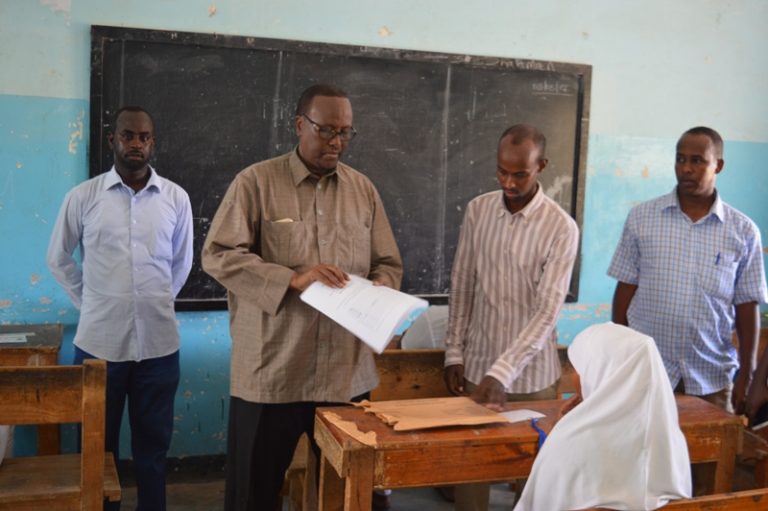
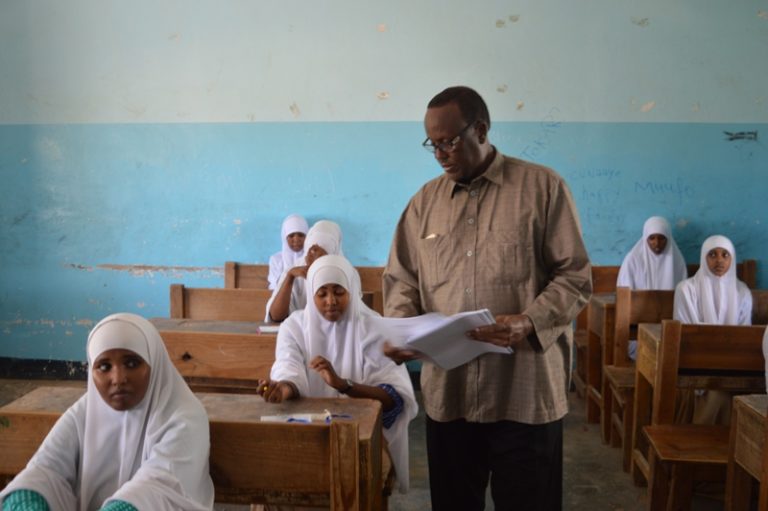
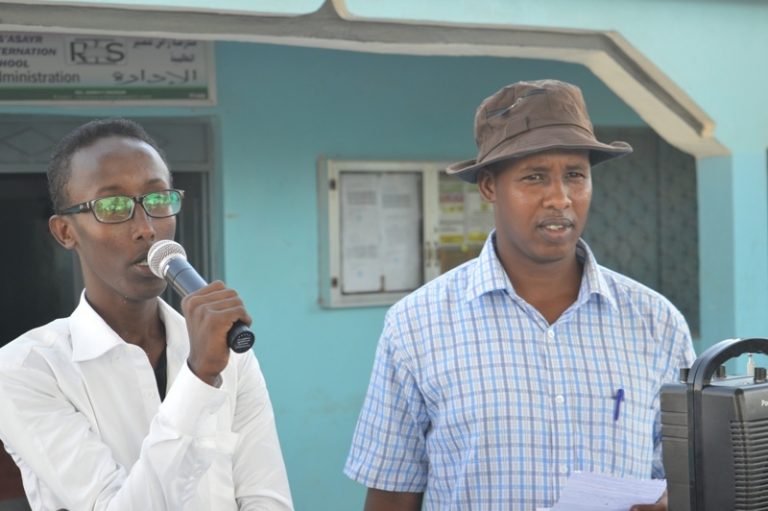
Boy Students and Girl Students are checked in separately
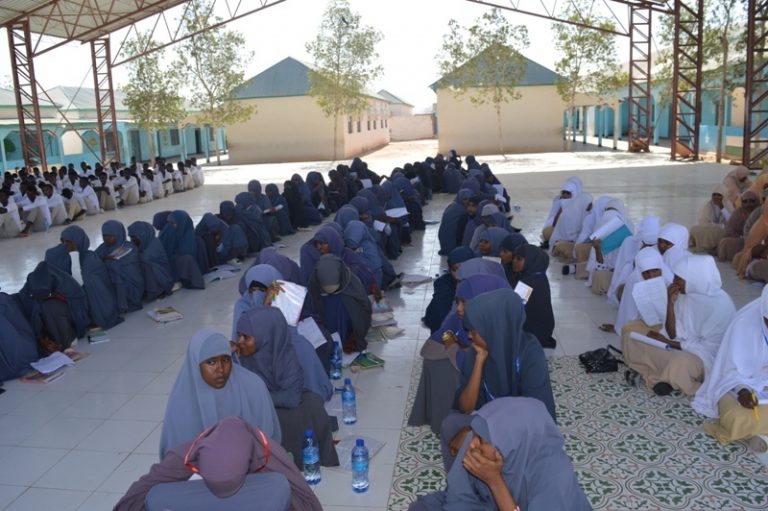
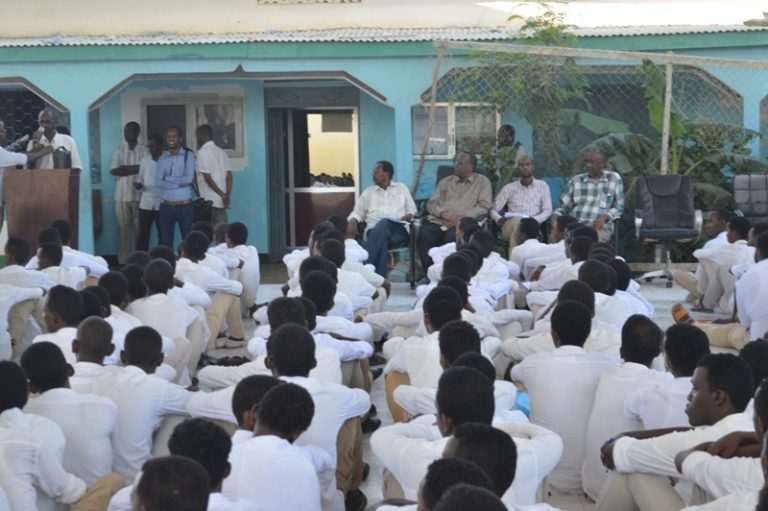
http://puntlandpost.net/2017/05/20/...ray-imtixaanka-shahaadiga-ah-ee-gobalka-bari/



Boy Students and Girl Students are checked in separately


http://puntlandpost.net/2017/05/20/...ray-imtixaanka-shahaadiga-ah-ee-gobalka-bari/












